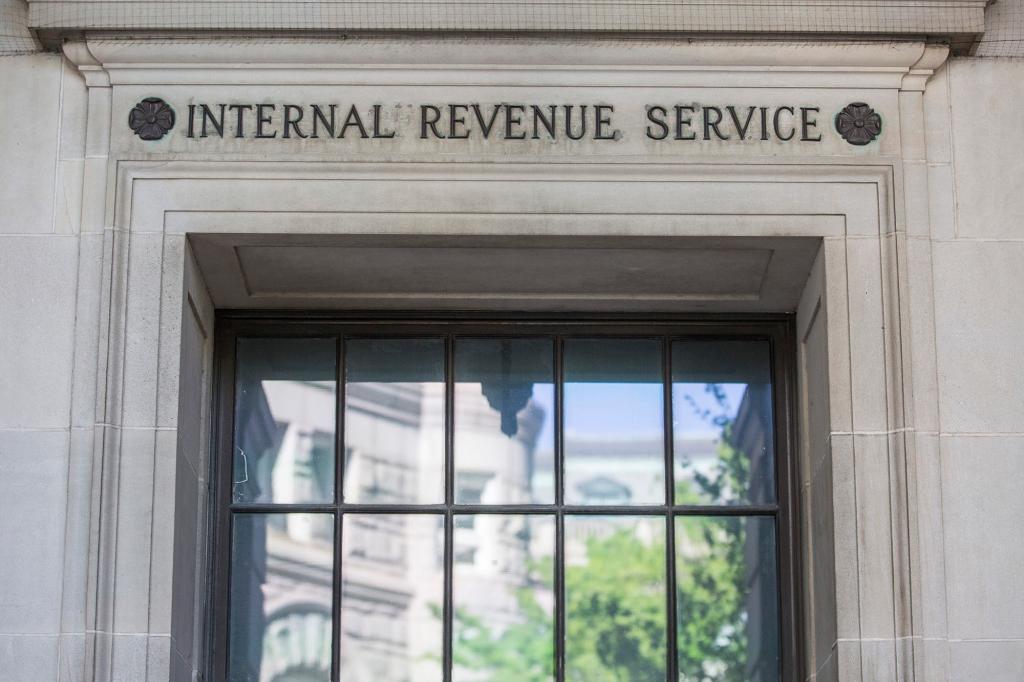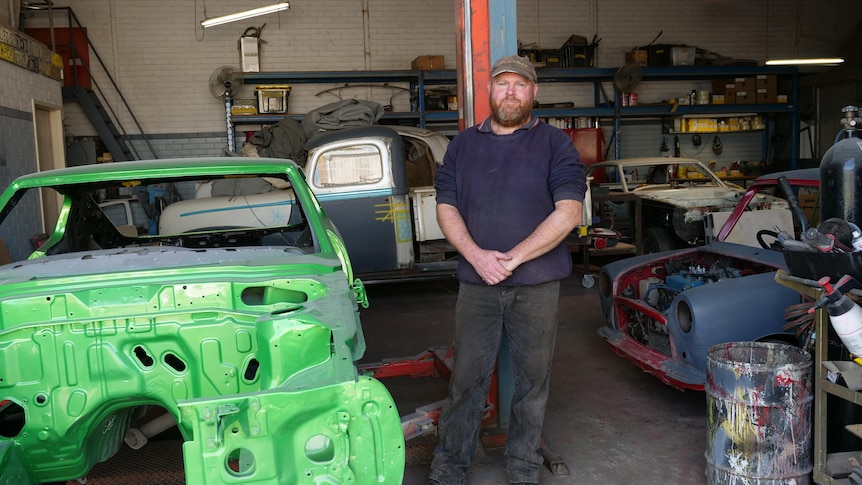I never was the entrepreneurial type. But after losing my job as an audio engineer in 2009, I had to get creative to make ends meet.
Thirteen years later, at age 39, I’ve built two online businesses that earn me a combined $160,000 a month in passive income. I also recently published a book, “How to Get Paid for What You Know.”
The first business I started was The Recording Revolution, a music and education blog that sells music production courses. The second, which I started in 2018, teaches people how to make money off their passions, like I did. It’s the most lucrative business, thanks to online course and coaching program sales, as well as affiliate commissions.
Graham Cochrane started his first business in 2009. Since then, he’s scaled two online companies and now grosses about $120,000 per month.
Photo: John Olson for CNBC Make It
Around 2,800 people use my products, and my goal is to help more entrepreneurs grow their online businesses while working fewer hours.
My top priorities are spending time with family and being able to give back, so I’ve set up my work and personal life to be able to focus on those key values.
Here’s what my typical day looks like:
Mornings start slow and easy
I usually wake up at 5 am — before the kids — because I always want an hour to myself. I’ll start with coffee and my Bible.
After some reading, praying and journaling, I’ll make breakfast with my wife and wake the kids. We’ll spend 20 to 30 minutes eating together in the kitchen before I drop them off at school by 7:30 am
Then I head back to my home office, or do a quick gym session if I’m in the mood.
Graham and his wife have breakfast with their children in the morning before talking through their schedule.
Photo: John Olson for CNBC Make It
I work just five hours a week — Mondays and Wednesdays
On Mondays, I plan and create YouTube videos and podcast episodes. Potential customers usually find me through this free online content. If they like it, they can sign up for my newsletter and get emails about free resources and premium online courses.
I make a chunk of passive income from these courses. I’ve designed my business system to automatically send emails, so the bulk of my work is just to maintain a steady flow of new, free content.
Recording videos and podcasts takes about two hours. I also have someone who edits and uploads the content. My remaining hour on Mondays is dedicated to answering emails or giving advice to members of my Six-Figure Coaching Community.
On Wednesdays, I spend time on community interaction, then host a 90-minute live call with my advanced business coaching students.
Graham spends about five hours a week creating content and managing his businesses.
Photo: John Olson for CNBC Make It
Once a month, I film an exclusive training for members of my paid community which adds about two extra hours of work per month to my schedule.
I’ve never been a fan of the hustle culture; I don’t believe it’s healthy or wise. If you can find a way to build systems into your business so that it mostly runs on its own, you don’t need to waste time doing constant upkeep.
After all, what’s the point of “being your own boss” if you’re working all the time?
Family time is my No. 1 priority
People often ask me what I do with all the extra time in my week, and my answer isn’t the most exciting. I run errands, hit the gym, go to the car wash, have coffee or lunch with a friend, or dive into a good book. Right now, I’m reading “Living Fearless” by Jamie Winship.
But most importantly, I spend time with my family. Fridays are considered as “date days” with my wife. We work out, go out to lunch, catch up on life, talk about the kids, and meet with our marriage counselor.
Lately, we’ve been focusing on how to communicate better when we have disagreements. No marriage is perfect, and the work I’ve put into our relationship has made me a better husband and father.
My wife and I never compromise on picking up the kids from school together. We want to be home when they are. Our other non-negotiable is family dinner. We sit down to a tech-free dinner every night. Most evenings, my wife cooks and I do the dishes. But we also eat out a few times a week.
“My schedule has two non-negotiables,” says Graham: “I pick my daughters up from school every day, and our family eats dinner together every night.”
Photo: John Olson for CNBC Make It
We love going out for walks, swimming in the pool, watching movies or playing Nintendo Switch with the kids. By spending time together, we hope to teach them essential life skills like how to share feelings and be kind to each other. I also want them to feel like valuable, included members of the family.
We’re big on traveling, too — both locally in Florida and around the world. A few summers ago, we spent a month in the South of France. And just this spring, we stayed in Puerto Rico for three weeks. Having the time and flexibility to make these kinds of memories together is priceless.
Radical generosity a core value
We attend church every Sunday, and often do volunteer work with local organizations that help the unhoused population in our city.
My philosophy is that I make this money so that I can give most of my profits away to charities and my local church, groups that are doing a lot of good in the world.
Right now, my wife and I donate 30% of our income, but we are hoping to eventually give away 50%.
Graham Cochrane is founder of The Recording Revolution, author of “How to Get Paid for What You Know″and is a business coach to over 2,800 customers worldwide. Follow him on Instagram and Twitter.
Don’t miss:
.




